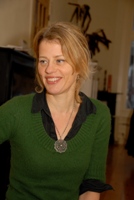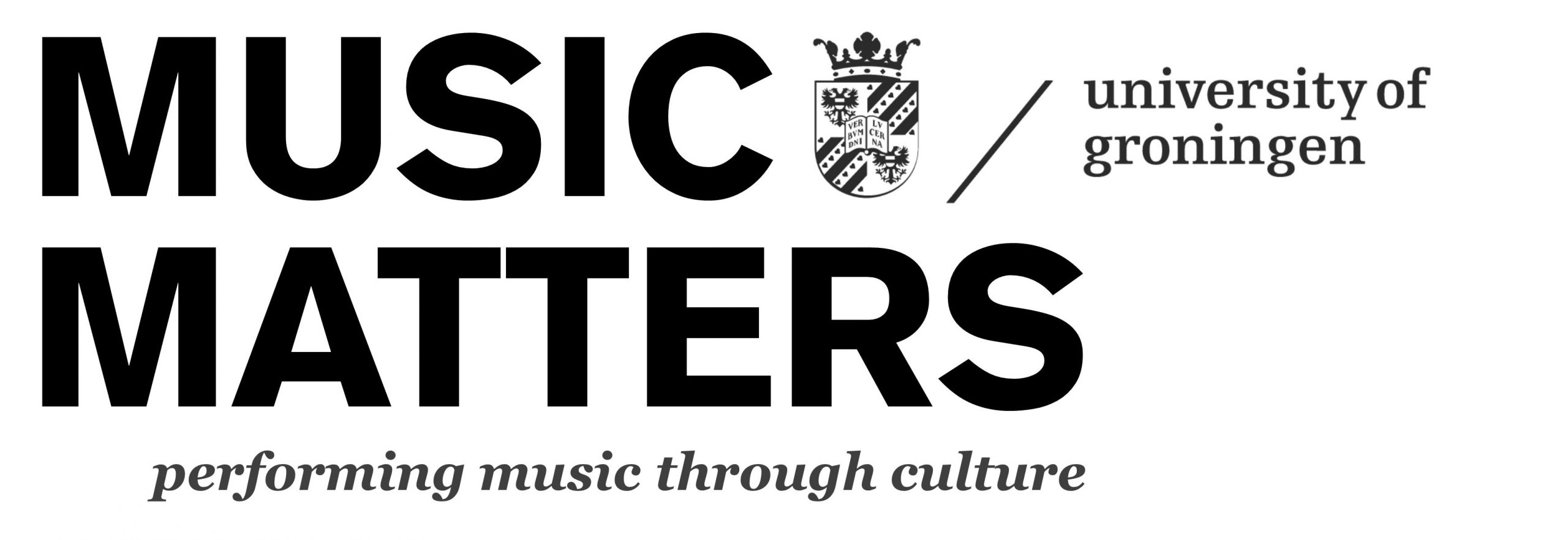 Kristin McGee is an Associate Professor of Popular Music in the Arts, Culture and Media Department at the University of Groningen in the Netherlands. She has written on the subject of jazz, gender and popular music and audio visual media within a variety of articles and books, including her manuscript Some Liked it Hot: Jazz Women in Film and Television, 1928-1959 (Wesleyan University Press 2009). She is currently completing a manuscript on the crossover jazz scenes of the Netherlands. She is also a saxophonist and sometimes theater music composer.
Kristin McGee is an Associate Professor of Popular Music in the Arts, Culture and Media Department at the University of Groningen in the Netherlands. She has written on the subject of jazz, gender and popular music and audio visual media within a variety of articles and books, including her manuscript Some Liked it Hot: Jazz Women in Film and Television, 1928-1959 (Wesleyan University Press 2009). She is currently completing a manuscript on the crossover jazz scenes of the Netherlands. She is also a saxophonist and sometimes theater music composer.
Recycling Musical Cultures in the Festivals of Europe
This project examines the ideological and cultural meanings underlying the continued promotion of New York-based jazz stars alongside European artists within European festival circuits. During the 1950s onward, festivals facilitated jazz’s popularization into new mass-mediated styles. Outdoor festivals in particular provided the model for subsequent popular music events, cultivating new aesthetics attached to musical performance, promotion, and appreciation (McKay). Since their internationalization, jazz festivals have perpetuated networks of performers active within the New York jazz scene. The promotion of these New York-based stars plays heavily upon well-circulated mythologies including the urban frontier figure with lingering assertions regarding progeny, artistry and sociality. In these narratives, bebop became enshrined as the ultimate virtuosic jazz act (Gebhardt, Whyton, DeVeaux). Despite the predominance of American (bebop-based) stars headlining European festivals, European artists position themselves as parallel stars, sometimes only recognized in local cities, nations or transnationally. Further, the increasing popularity of European festivals has meant the fragmentation and expansion of jazz genres into festival programs, with styles ranging from electronic jazz to jazz crooning. For this presentation, I examine the North Sea Jazz Festival and its expansion into new jazz genres to situate alternative European jazz myths and ideologies alongside established American narratives.
